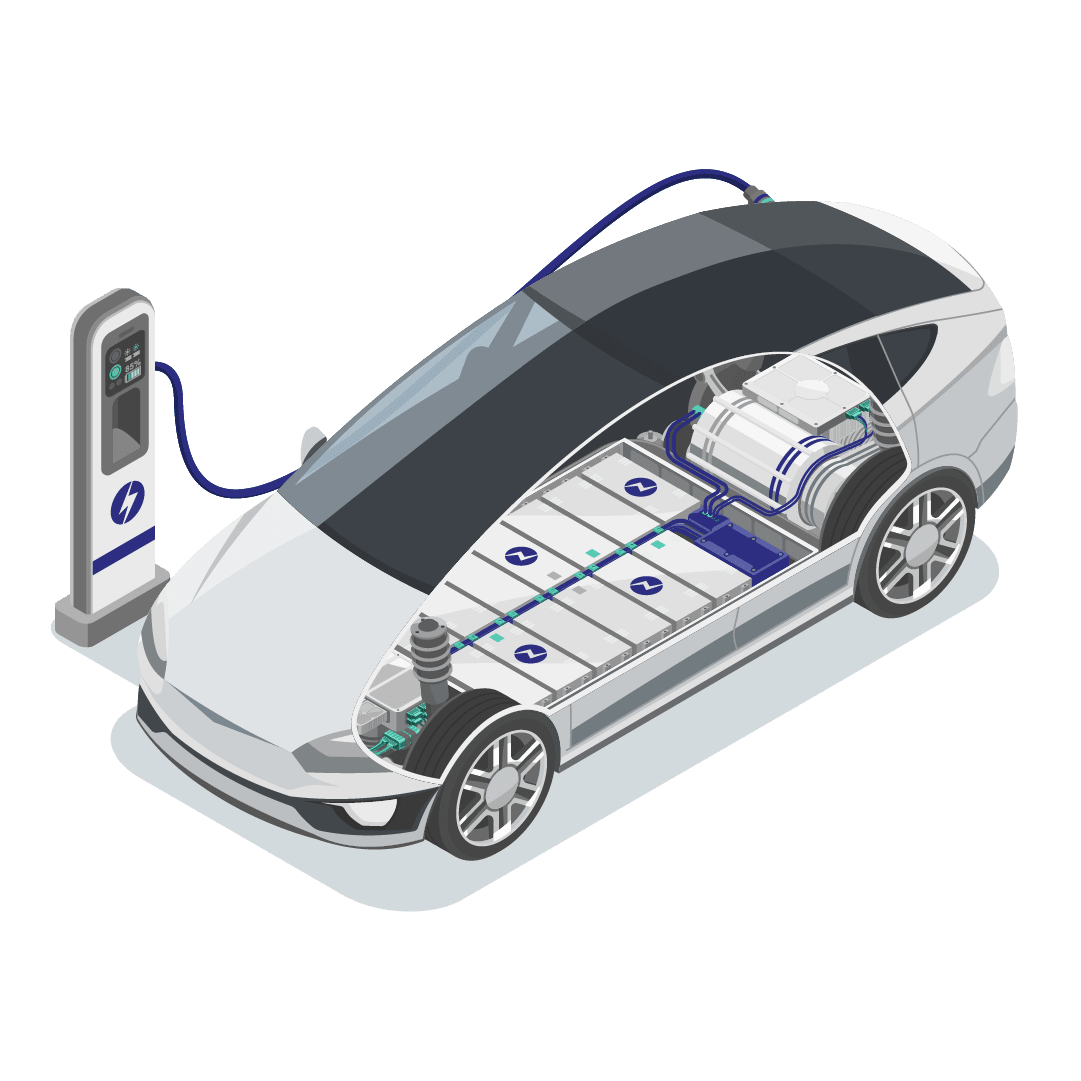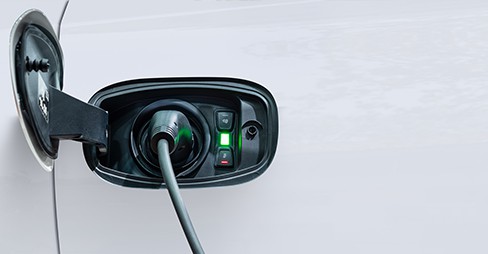Whether you already own an electric vehicle (EV) or are considering buying one, embracing electric travel comes with the need for a reliable and efficient charging infrastructure. Future Proof Solar is here to guide you through the world of EV chargers. Here we’ll explore EV charger installations, installation costs, and how EV chargers work. Discover the convenience and benefits of having your own vehicle charger and take the first step towards a greener future.
EV Charger Installations:
EV charger installations are essential to ensure convenient and accessible charging for your electric vehicle.
EV chargers, also known as electric vehicle supply equipment (EVSE), are charging stations specifically designed for electric vehicles. Installing an EV charger at your home or workplace offers numerous advantages:
- Convenience and Accessibility: Having your own EV charger enables you to charge your electric vehicle conveniently and at your own convenience. You no longer need to rely solely on public charging stations or face potential waiting times or range anxiety. Enjoy the freedom of charging your vehicle whenever it suits you.
- Faster Charging Speeds: EV chargers provide faster charging speeds compared to standard electrical outlets. With a higher power output, you’ll be able to charge your electric vehicle faster, minimising the time spent waiting for your vehicle to charge. This allows you to maximise your driving time and enjoy a seamless charging experience.
- Cost Savings: While the installation of an EV charger involves an initial investment, it can lead to long-term cost savings. Charging your electric vehicle at home is often more cost-effective than going to and using public charging stations. Additionally, taking advantage of off-peak electricity rates can further reduce your charging costs.
- Customisation and Flexibility: EV charger installations offer customisation options to suit your specific needs. From wall-mounted units to pedestal chargers, there are various models and designs available to fit your space and preferences. The charging power and capacity can be tailored to meet your specific needs.
EV Charger Installation Cost
The cost of EV charger installation depends on several factors, including the type of charger, electrical infrastructure requirements, and installation complexity. Here’s a breakdown of the key cost considerations:
- Charger Type: The cost of EV chargers can vary based on the charging power and features they offer. Level 1 chargers, which use a standard electrical outlet, are generally the most affordable option. Level 2 chargers, which require professional installation and offer faster charging speeds, may involve higher upfront costs. DC fast chargers, typically used for commercial purposes, are more expensive due to their high power output and rapid charging capabilities.
- Electrical Infrastructure: The cost of EV charger installation is influenced by your existing electrical infrastructure. Upgrading your electrical panel or wiring may be necessary to support the increased power demand of an EV charger. The complexity of the installation process, including the distance from the electrical panel to the charging location, can also affect the overall cost.
- Installation Labour: Hiring a professional electrician or EV charger installation service is recommended to ensure safe and compliant installation. The cost of labour will depend on factors such as local labour rates, the complexity of the installation, and any additional electrical work required.
- Incentives and Rebates: It’s worth exploring available incentives and rebates that can help offset the cost of EV charger installation. These incentives may be offered by government programs, utility companies, or EV charger manufacturers. Research local incentives to determine if you are eligible for any financial assistance.
While the initial investment of EV charger installation is a consideration, it’s important to recognise the long-term cost savings, convenience, and environmental benefits that come with owning an EV charger.
How EV Chargers Work
Understanding how EV chargers work is key to maximising their benefits. Here’s a simplified explanation:
- Power Input: EV chargers receive power from the electrical grid or an on-site renewable energy source, such as solar panels. The charger’s power is measured in kilowatts (kW) and determines the charging speed.
- Charging Connector: EV chargers are equipped with different types of connectors, depending on the vehicle and charger compatibility. The most common connector types include the SAE J1772 connector for AC charging and the Combined Charging System (CCS) or CHAdeMO connector for DC fast charging.
- Charging Modes: EV chargers support different charging modes, referred to as “Level 1,” “Level 2,” and “Level 3”. Level 1 charging utilises a standard household electrical outlet and offers the slowest charging speeds. Level 2 charging requires a dedicated circuit and provides faster charging. Level 3 charging, or DC fast charging, delivers the highest power output and can charge an EV significantly faster.
- Vehicle Communication: EV chargers and electric vehicles communicate with each other to ensure safe and efficient charging. This communication includes verifying the connection, monitoring the battery status, and adjusting the charging rate based on the vehicle’s capabilities and charging limits.
- Charging Completion: Once the battery reaches its desired state of charge or the charging session is manually stopped, the EV charger ceases power delivery, and the charging process is complete. Most chargers provide indicators or notifications to indicate the charging status.
Understanding the functionality of EV chargers will aid you in making informed decisions about the type of charger that best suits your needs to optimise your charging experience.
Investing in an EV charger installation is a significant step towards embracing electric mobility and contributing to a greener future. Enjoy the convenience, cost savings, and environmental benefits of charging your electric vehicle at home or your workplace. Contact Future Proof Solar today to explore your options and purchase an EV charger tailored to your needs. Unlock a seamless and efficient charging experience, and embrace the future of sustainable transportation.

